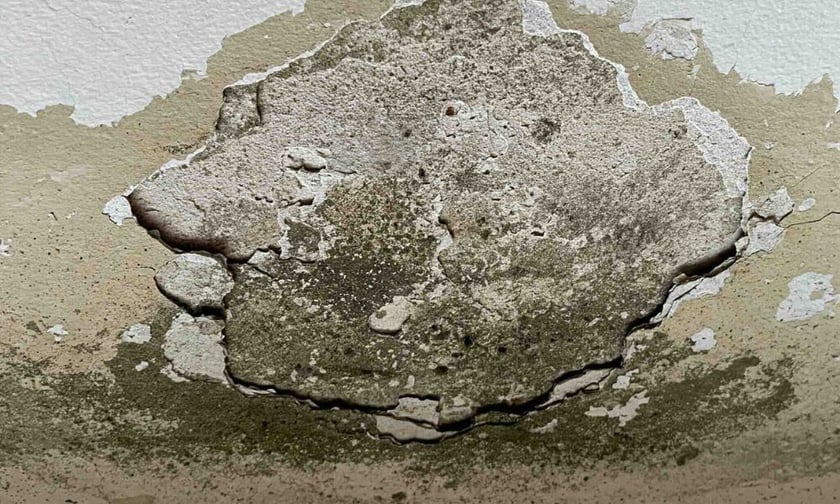

A Florida appeals court has breathed new life into a lawsuit filed by homeowners Miguel Betancourt and Ana Diaz against Citizens Property Insurance Corporation, ruling that their claim over water damage should proceed to trial after being dismissed at an earlier stage.
At the center of the dispute is a familiar question in property insurance: When exactly did the damage occur, and is it covered under the terms of the policy?
Betancourt and Diaz had secured residential insurance coverage from Citizens for the period between October 10, 2018, and October 10, 2019. The policy, standard in form, covered “direct physical loss” but excluded any damage that predated the policy’s inception.
On July 9, 2019, still within the coverage period, the homeowners discovered water damage in several areas of their Miami-Dade County property, most notably the master bedroom. A public adjuster was called to inspect, and a claim was filed with Citizens.
Citizens, after hiring an industrial hygienist to investigate, denied the claim. According to the insurer’s expert, the water damage stemmed from a "historic leak" associated with a pre-existing shower and bathtub enclosure, one that had lasted at least two months. The hygienist's report concluded that the damage was not new - and by implication, not covered.
The homeowners sued, alleging breach of contract. Citizens moved swiftly for summary judgment, contending that no genuine dispute of material fact existed as to when the damage occurred. They pointed to their hygienist’s affidavit, which characterized the leak as long-standing and tied to prior renovations.
The homeowners countered with their own expert - a licensed engineer - who had personally inspected the property and reviewed photographs, reports, and other records. The engineer acknowledged the possibility that the leak began unnoticed before July 2019, but crucially, he argued that there was no clear evidence of damage before October 2018, when the policy began. Specifically, he noted the absence of signs typically associated with long-term water intrusion: rotted wood, swollen drywall, or widespread mold growth.
Still, the trial court sided with Citizens, ruling that the homeowners’ engineer’s opinion was too conclusory and insufficient to challenge the insurer's evidence. Summary judgment was granted, and the case appeared closed.
But in a decision issued last week, Florida’s Third District Court of Appeal reversed the lower court, finding that the homeowners’ expert testimony was enough to warrant a trial.
In the court’s view, the engineer’s affidavit - grounded in his site inspection, analysis of reports, and professional experience - raised legitimate questions about when the damage occurred. The court rejected the notion that the homeowners’ case rested on mere speculation, concluding instead that factual disagreements between dueling experts should be resolved by a jury, not at the summary judgment stage.
Quoting prior precedent, the appellate court emphasized that the standard for summary judgment mirrors that for a directed verdict: whether the evidence is so one-sided that one party must prevail as a matter of law. In this case, it was not.
At issue in the litigation was a common exclusion in property insurance policies: damage that pre-exists coverage is not recoverable. Insurers, naturally, are wary of being held liable for conditions that began before the policy’s start date, while policyholders often contend that gradual issues went undetected and worsened within the coverage period.
The Betancourt case underscores how critical expert testimony can be in resolving such disputes. Here, competing professionals reached opposite conclusions about when the damage began - and the appeals court ruled that such conflicts cannot be brushed aside without a full airing in court.
The case will return to the Miami-Dade Circuit Court for further proceedings. A jury will now have the opportunity to weigh the testimony and determine whether the water damage falls within the policy period and coverage terms.
